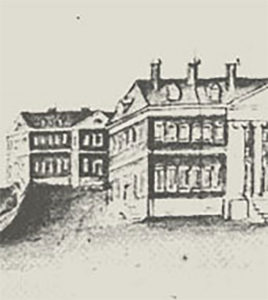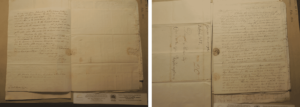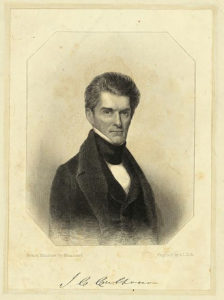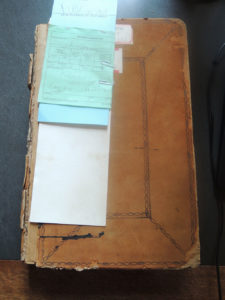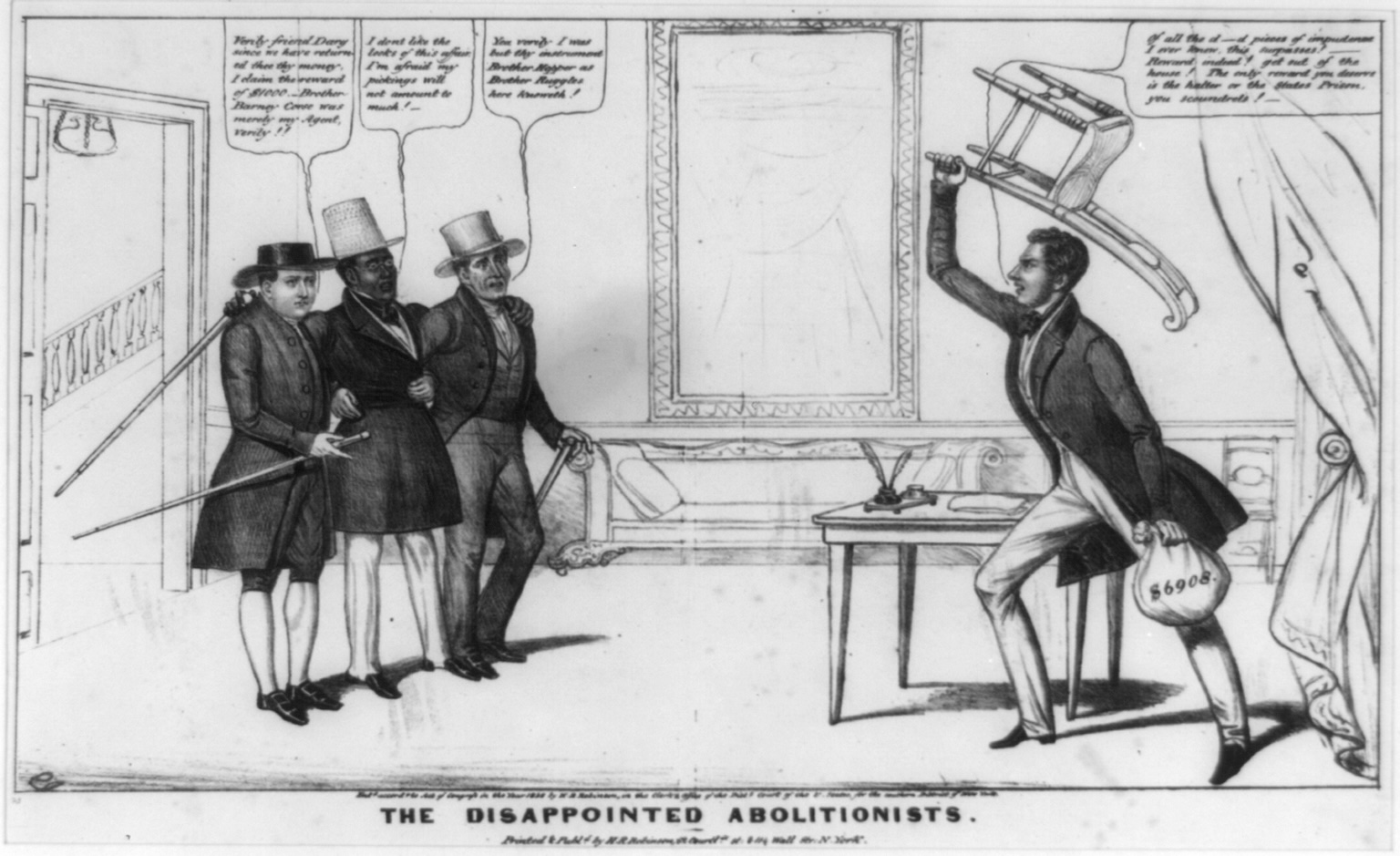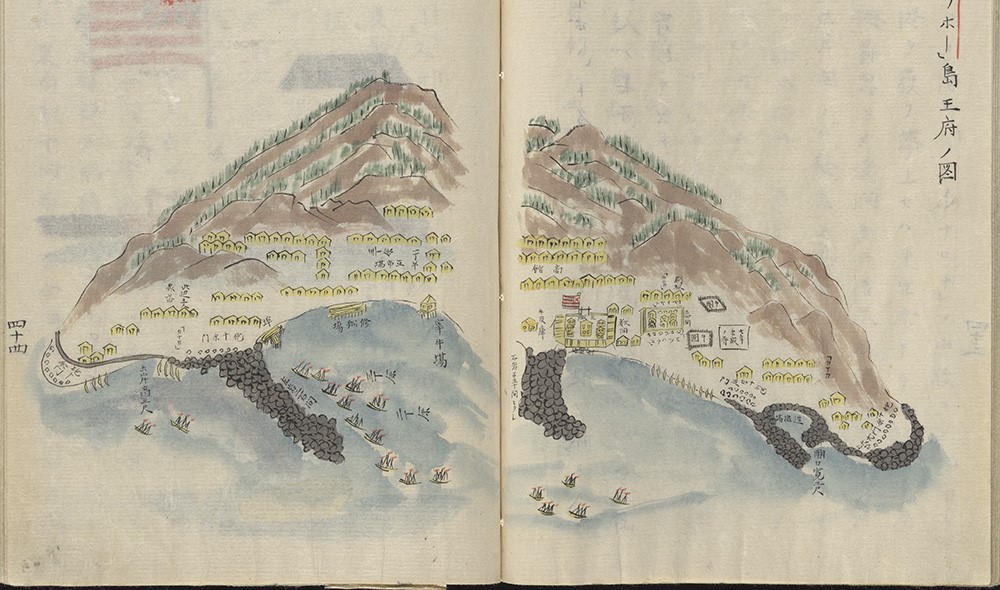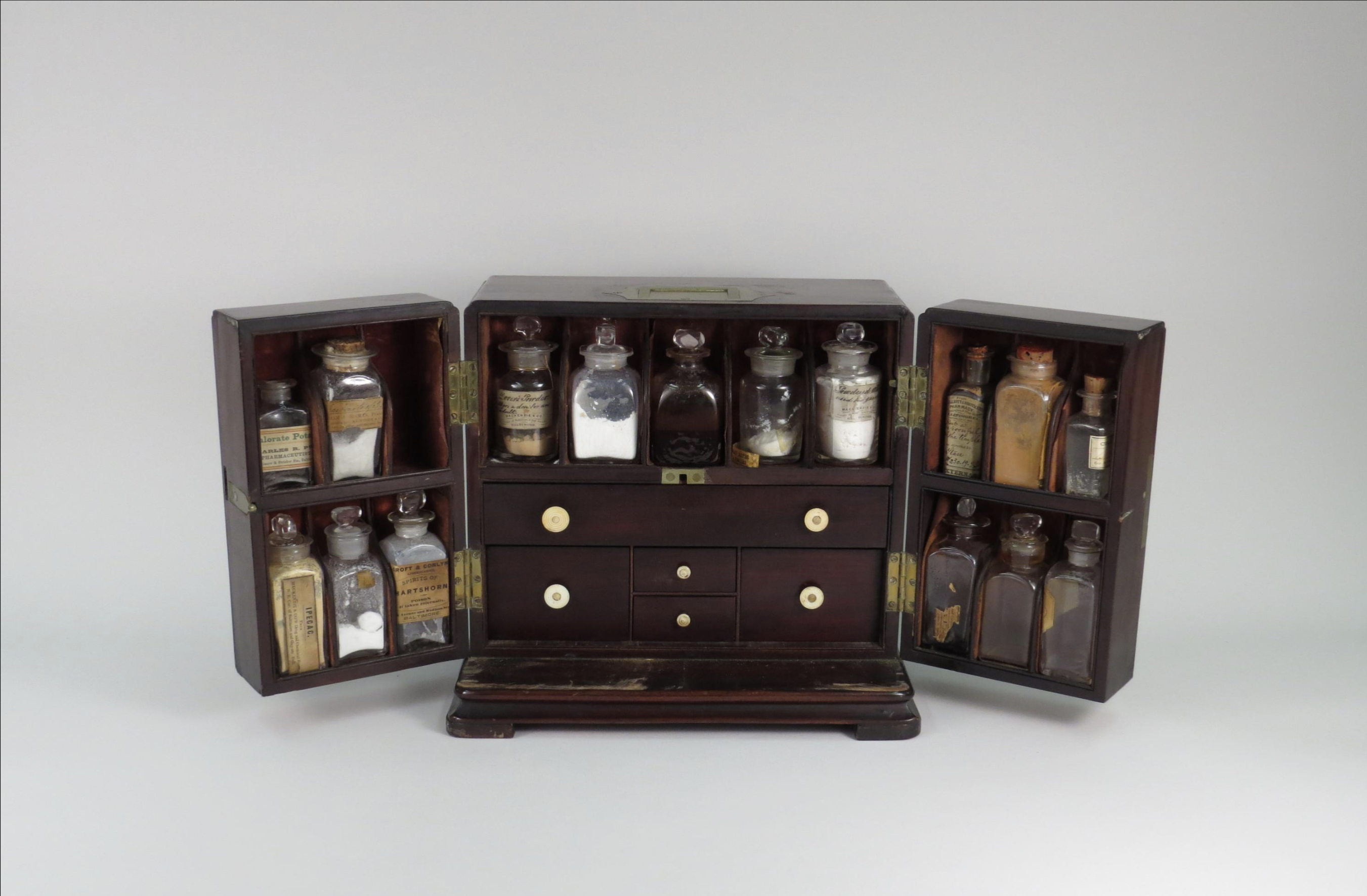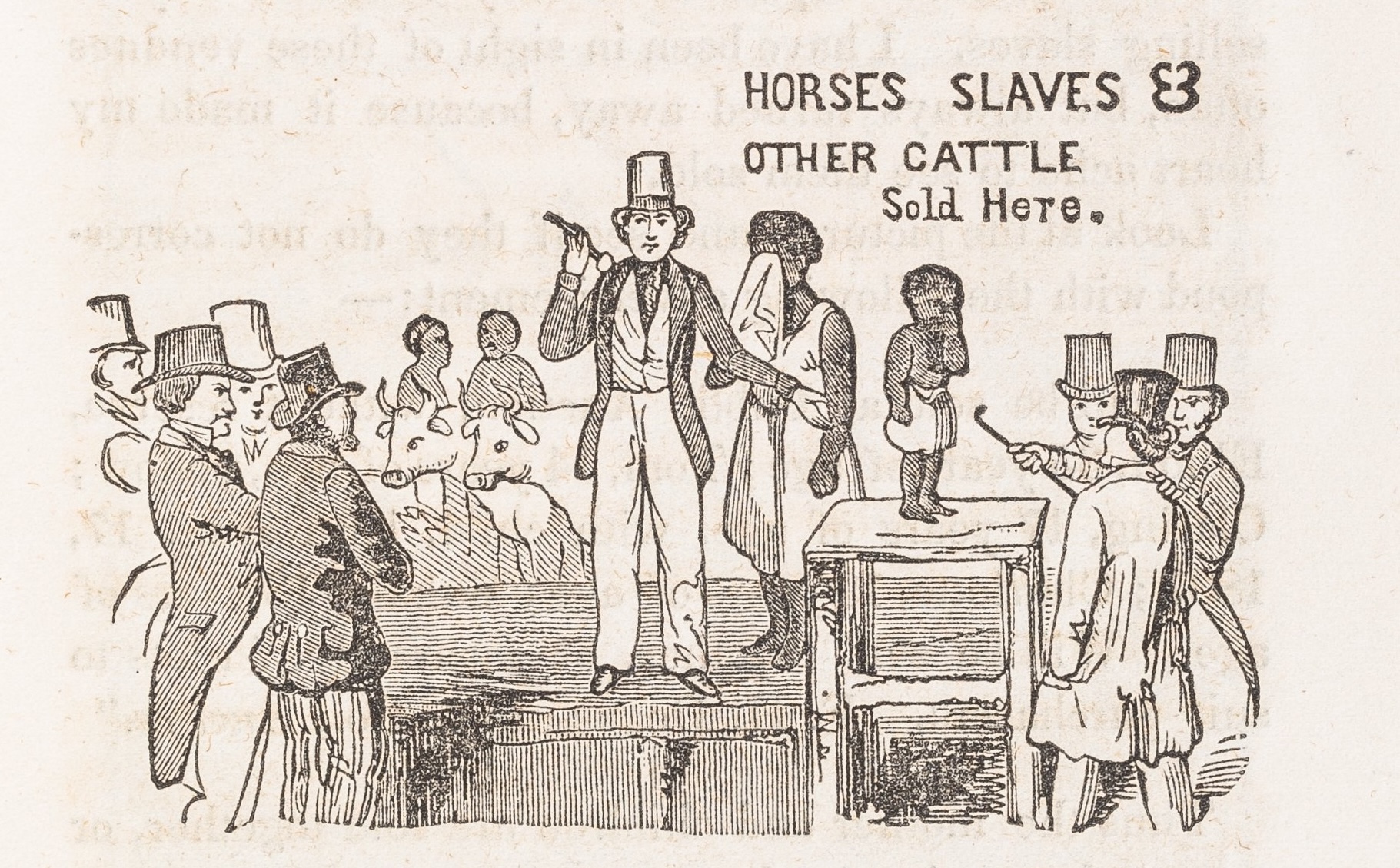I’m not trained as a gender historian. I take for granted the fact that gender has always been a cultural construct and that it has influenced the behaviors of people in the past; I tend not to think too much about it otherwise. But when I started looking for information on early nineteenth-century army supplies in the papers of a United States War Department official at the Historical Society of Pennsylvania, I found, interwoven in the correspondence about politics and conflict, references to binge drinking with male friends and hooking up with young women. Why was this the case, in a collection that included letters from senior army officers and four secretaries of war?
Daniel Parker (1782-1846), the son of an Army lieutenant and a descendant of one of the largest original landholders in Shirley, Massachusetts, became a clerk in the office of the War Department in 1810 (fig. 1). He graduated from Dartmouth College in 1801 and practiced law in the Boston area before moving to Washington. He was twenty-eight at the time, well into adulthood by historical standards. And certainly, Parker’s office in the War Department became a hub of very adult decision-making among generals, army contractors, and secretaries of war and state—decisions that determined national security. Parker was responsible for managing correspondence related to military legislation, and to army provisions, movements, and promotions. But in addition to the letters from high-ranking federal officials, Parker received a fair amount of correspondence from young, unmarried men whose inside jokes, social activities, and sexual exploits made me think of today’s bros—or at least something similar to the culture of “fratty masculinity” that is common among (usually) young, privileged, white men. They wove their homosociality and chauvinistic bragging so seamlessly into their discussions of financial matters, state and federal politics, and military service that it might have been easy to miss, were it not for the lack of polite euphemisms that I had assumed camouflaged most nineteenth-century misdeeds.
Participation in this privileged culture of masculinity was an important part of achieving and maintaining political power. As soon as Parker moved to Washington, his youngest brother and many of their friends began asking for favors. This in and of itself was not unusual. Patronage has existed in various guises throughout history, and in the late eighteenth and early nineteenth centuries it served, to quote historian Ellen Hartigan-O’Connor, as the “social glue” of society. The communication among Parker’s cohort, however, suggests that insults, bragging, and lewd comments about women were what made this glue stick.
Daniel Parker’s younger brother Leonard was twenty-one when Daniel started his tenure in the War Department. Recently graduated from Dartmouth, Leonard took over Daniel’s law office in Charlestown. The first time we hear from Leonard is in June 1811, on a day that, according to Leonard, was so hot and humid, he couldn’t be bothered to write too much. He was cool enough, however, to accuse Daniel of not doing enough to drum up clients for him. The law office suffered, he said, because Daniel had left abruptly without advertising on his behalf. Also, Leonard needed money, and because Daniel was doing well, he should give his younger brother some. He complained to Daniel about his dire circumstances, even as he went out fishing and drinking and looking for girls. In one letter, we meet Leonard’s roommate, D.W. (Daniel Waldo) Lincoln, who had been “drunk nearly all week” while two of his siblings were in town. Lincoln was from a prominent Massachusetts family. His father, Levi, was a well-known judge with close ties to Thomas Jefferson, and his brother Levi Jr. would later serve as governor of the state. D.W., like Leonard, expected his family and friends to help him overcome professional difficulties. He worked in the same office as Leonard, and assumed his father’s status gave him license to continue his roguish ways. D.W.’s bad habits were, according to Leonard, another reason the law office wasn’t doing well. About D.W.’s drinking Leonard wrote: “Sunday while we were gone to meeting I think he began—drank on our passage home. This afternoon came over with intoxication. Tomorrow I expect he will be quite drunk.” Leonard claimed to his brother that, “seeing Lincoln trifling about the office frightened [clients] and carried them off.”
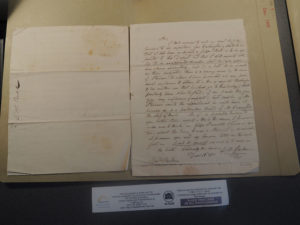
2. Leonard M. Parker to Daniel Parker, December 18, 1815, Daniel Parker papers (Collection 466), Historical Society of Pennsylvania. After complaining about the privileged treatment given to “a particular friend of Mr. Crawford Sec of War,” Leonard drew a frowny face in this letter to his brother, Daniel. Image courtesy of the Historical Society of Pennsylvania.
As Leonard and D.W. made clear in their letters, both men felt entitled to their jobs and to assistance from family and friends. D.W. wrote to Daniel for help with a client, and insisted that he “attend to this immediately!” Leonard, meanwhile, pestered Daniel into helping him get reappointed as army judge advocate (a position for which Leonard thought he had enough “leisure” time). Leonard actually drew a frowny face because there was another candidate who had more influence with the Secretary of War than he (fig. 2).
This sense of entitlement extended to their relations with young women. D.W. was “making love to Miss Freeman,” but that didn’t stop him from “playing off his gallantry to” other women after a few drinks. This “gallantry” usually came out after Leonard decided he had no interest in pursuing the woman. One Sunday in July 1811, for example, a group of their friends was sailing home from a weekend in Hingham, and Leonard boasted that the daughter of a wealthy merchant was staring at him, but conceded that his alleged admirer may have been mistaking him for Daniel; at that point he left her to be preyed upon by a very drunk D.W. He wrote, “she again had her eyes fixed on me. I had like to have been vain enough to think her in love with me but on the whole I think it must have been you she had in view. I left it to Lincoln to play off his gallantry to and about her which he did up in great style under the excitement of 2 or 3 glasses.” Leonard was starting to think about marriage, and he wrote to Daniel that if any happiness was to be found in life, it was in a wife, and he “trust[ed] in God I shall find an inexhaustible stock of this life’s blessings.” He eventually contented himself with just one wife, when he married D.W.’s sister, Martha; his earlier determination to “find her in loose robes,” fulfilled.
“Rape culture” describes a society in which nonconsensual sexual acts are so common, so normalized, that people are desensitized to them. Although coined by feminists in the late twentieth century, the term is useful for understanding Daniel Parker’s early nineteenth-century social milieu and how the men in it understood their place in society. His letters contain frequent references to forced sexual acts, cheating, and the objectification of women. These references ranged from benign-seeming scenes of domesticity to more overt harassment. One Army contractor wrote to Parker that, “it may be at this time to let you into the secret—well then you know Mrs. B was so gratified on learning of the passage of a certain bill—that on about that time she concluded to become a mother.” He was basically saying, “my wife was so happy with the money I’ll get from Congress’s recent appropriations bill that she was eager for me to get her pregnant.”
A young army captain named John R. Bell, who bragged that women in Washington referred to him as “the handsome Mr. Bell,” was more aggressive. During the winter of 1812, the War Department sent Bell to Pennsylvania to recruit men for the army. He was enchanted by all the “dutch [i.e., German] girls” he saw, but disappointed that recruiting duties kept him from “becoming acquainted” with more of them. One night, he stayed at the home of a general whose fifteen-year-old daughter Bell found quite attractive. Bell bragged to Parker that, “like a solider I attacked her, à la militaire.” He “made approaches regularly to the breast work,” and “impressed a sweet goodnight upon her ruby lips” (figs. 3, 4) It’s unclear whether the general’s young daughter wanted the kiss or the groping. Either way, Bell felt entitled to whatever liberties he could take with her. In a departure from his usual boasts, Bell confided to Parker in one letter that he was “bashful among genteel virtuous and handsome ladies” (women who were his age), and unable to “squeeze a hand or steal a kiss without being almost asked to do so.” But even then Bell saw his biggest obstacle as “almost” having to ask for a kiss.
This culture of chauvinistic entitlement pervaded the War Department and its orbit. Elbert Anderson Jr., an Army contractor from New York, wrote to Parker about his “very handsome circle of female friends…gay as the lark yet chaste as Diana,” whom he wished Parker could “have his choice from”—as if the women were his to give. Anderson subcontracted beef and pork rations during the War of 1812 to a man named Sam Wilson, who some theorize became the namesake for “Uncle Sam.” Whether this is indeed true, I do not know. But judging from Anderson’s letters to Parker, his role as a husband and father did not stop him from working it with the ladies. Or from bragging about it. Anderson boasted to Parker about a fancy carriage he had built in New York and told him that “all the young girls and some young married ladies” wanted to ride in it.
This sort of subject-blending matters for historians because it reveals how the personal, however ignoble, was inextricably bound with these men’s understanding of their professional lives. For example, after telling Parker about the number of soldiers who had died near Buffalo, New York, Anderson wrote, “I am going to have the charge of a pretty woman in my baron’s wagon for five days—at least. Don’t you envy me.” In another letter, he gossiped about their friend’s new wife, speculating about whom she had slept with and whether she was pregnant, and then closed by saying he would be sending his bill for supplies to the War Department and asking Parker if he needed another loan. Parker himself similarly mixed the personal with the professional. In 1819, for example, he secured his friend Lieutenant Colonel E. Cutter a more lucrative post, which enabled Cutter, according to another friend, to “get, with some cash, a very amiable woman.”
Army advancement, however, often proved more challenging than exerting control over women. Bell, for example, was a young second lieutenant in a regiment of light artillery when he asked Parker to recommend him for the post of adjutant or quartermaster general. The best Parker could do in June 1812 was to get him appointed as paymaster to the regiment of light artillery. Bell sent Parker a letter thanking him for the appointment, but said that he planned to decline, owing to the position’s paltry compensation and his desire to devote himself to the company of light artillery in which he served. Bell was promoted to first lieutenant that August, and the following summer his request was granted when the War Department appointed him major and assistant inspector-general on July 29, 1813. After the war, though, he complained to Parker, who had since been made inspector- and adjutant-general of the Army, about the location of his post. For the remainder of the 1810s, Bell served as a captain of light artillery and an instructor at West Point. He grew restless, and wrote to Parker for an appointment in the west. Bell secured a position as interim governor of Florida in the summer of 1821, after the United States acquired the territory from Spain. The following year, however, he was passed over for the position of chief Indian agent in Florida.
By then, Bell was in his thirties and accustomed to getting what he wanted, which was evidenced in a letter he received from Secretary of War John Calhoun (fig. 5). On a separate research trip to the National Archives in Washington, D.C., I found Bell in a volume of confidential and unofficial letters sent by secretaries of war in the 1810s and 1820s (fig. 6). This letter and others in the volume suggest that for privileged War Department bros, there seemed to be an understanding that rejection be mitigated by compliments and explanation. Calhoun explained President Monroe’s decision by assuring Bell that the decision had nothing to do with qualifications: Bell, he said, was probably superior, but the other man had a large family. That man needed government patronage more than Bell, who already had a lucrative command position. Calhoun closed by reiterating how pleased the department was with Bell. This sensitivity to ego usually only extended to bros within the department. As a contractor, Anderson therefore wasn’t privy to the same fawning. He got angry when he wasn’t paid quickly enough, nor given a satisfactory explanation. Peace with Britain after the War of 1812 had barely been declared when he wrote to Parker that the amount he was owed was “enough to make one’s heart sick” and then said he would “unleash the dogs of war” on Secretary of War James Monroe if the government didn’t pay his balance soon. He snidely joked that once he was paid, he would establish his “Franklin magazine” for the poor. He wasn’t poor, and he didn’t care all that much about people who were. For this reason, I couldn’t help but feel a bit satisfied when I read that in June 1816, Parker learned that Congress hadn’t appropriated sufficient funds for army contractors.
I don’t want to conclude with as unsavory a character as Anderson. To be fair, men more sensitive than he also appear in Parker’s letters, men who wrote about their infant sons’ teething and the guilt they felt subjecting their families to military life. But in general, Anderson, Bell, and Leonard Parker were more typical of the men with whom Parker corresponded; the chauvinist camaraderie they shared was, in fact, a big part of patronage. As Parker got older, the juvenile discussions of women abated, but there was a certain consistency among the letters he received at age thirty and age sixty in terms of insults: his colleagues took jabs at “foreigners” and questioned the sexuality of politicians they didn’t like. One man whom Parker stopped hearing from and about shortly after taking up residence in Washington was D.W. Lincoln, who, in an incident not unlike the sad news we sometimes hear about fraternities, drank himself to death. Leonard’s observation that “[D.W.] Lincoln drinks like hell … and always will I fear,” came true in the worst way. “He [D.W.] fell asleep and literally died without a struggle.”
Parker eventually married and had children, and after serving as adjutant and inspector general, returned to his position as chief clerk, which he held until his death in 1846. Over the course of his career in the War Department, Parker received many letters thanking him for various military posts and commissions. These letters suggest what would be lost if we only looked at official military correspondence. Patronage appointments were about more than partisan politics. They were also about bonding through masculine entitlement and the degradation of others, and if we skipped these personal papers, we might miss the fact that there were a bunch of dudes running the War Department.
Further Reading
This essay was based on the Daniel Parker Papers (Collection 466), Historical Society of Pennsylvania, and Records of the Office of the Secretary of War, Confidential and Unofficial Letters Sent, RG107 Entry 11, Vol. 309, National Archives, Washington, D.C.
Domonic A. Bearfield, “What Is Patronage? A Critical Reexamination,” Public Administration Review 69:1 (Jan.-Feb., 2009): 64-76; Brian W. Beltman, “Territorial Commands of the Army: The System Refined but Not Perfected, 1815-1821,” Journal of the Early Republic 11:2 (Summer, 1991): 185-218; Konstantin Dierks, In My Power—Letter Writing and Communications in Early America (Philadelphia, 2011); Joanne B. Freeman, Affairs of Honor: National Politics in the New Republic (New Haven, Conn., 2002); Anne Goldgar, Impolite Learning: Conduct and Community in the Republic of Letters (New Haven, Conn., 1995); Amy S. Greenberg, Manifest Manhood and the Antebellum American Empire (Cambridge, 2005); Ellen Hartigan-O’Connor, “’Auctioneer of Offices’: Patronage, Value, and Trust in the Early Republic Marketplace,” Journal of the Early Republic 33:3 (2013): 463-488; Donald R. Hickey, The War of 1812: A Forgotten Conflict (Urbana, Ill., 1989); Lurton Dunham Ingersoll, A History of the War Department of the United States: With Biographical Sketches of the Secretaries (Washington, D.C., 1879); Albrecht Koschnik, “Young Federalists, Masculinity, and Partisanship during the War of 1812,” in Jeffrey L. Pasley, Andrew W. Robertson, David Waldstreicher, eds. Beyond the Founders: New Approaches to the Political History of the Early American Republic (Chapel Hill, N.C., 2004): 159-179; Sarah M. Pearsall, Atlantic Families: Lives and Letters in the Later Eighteenth Century (Oxford, 2008); Steven Watts, Republic Reborn: War and the Making of Liberal America, 1790-1820 (Baltimore, 1987).
This article originally appeared in issue 17.2 (Winter, 2017).
Lindsay Schakenbach Regele is assistant professor of history at Miami University, Ohio. She received her PhD from Brown University in 2015 and was a postdoctoral fellow in the Program in Early American Economy and Society at the Library Company in Philadelphia in 2016.



